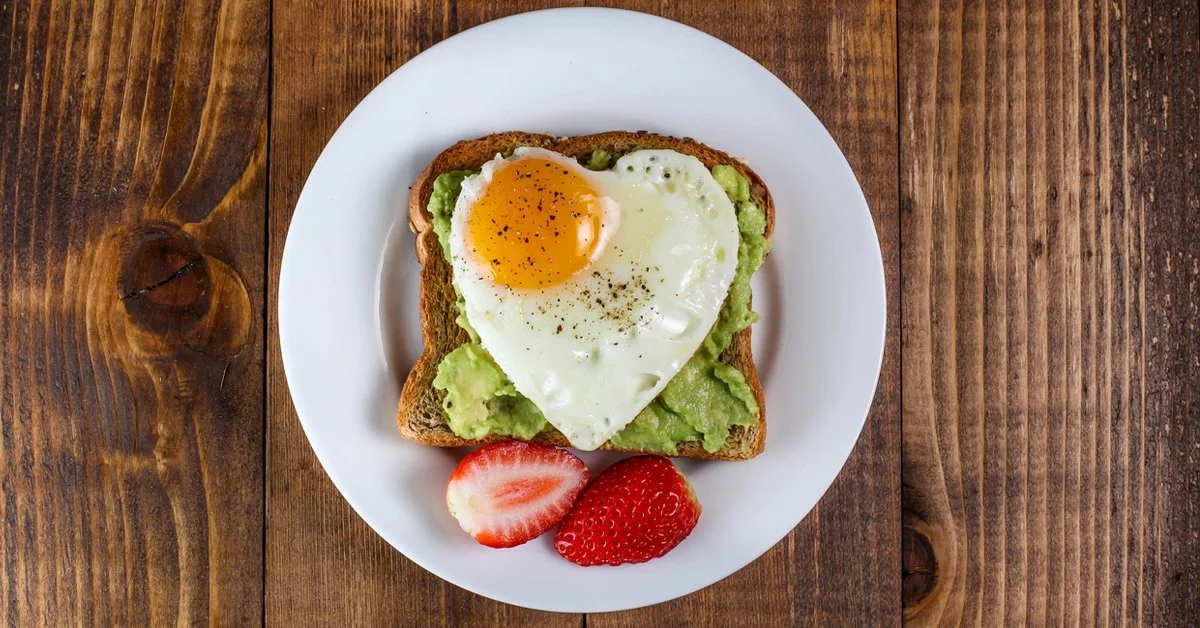Better with Breakfast
🥣 Why Breakfast Is More Than Just a Morning Ritual
Breakfast has long been touted as “the most important meal of the day”—and while catchy slogans don’t always reflect reality, this one holds up under scrutiny. Skipping breakfast may seem harmless, or even strategic for cutting calories, but it can actually backfire in ways you might not expect.
🍳 Nutrients You Miss If You Skip Breakfast
When you skip breakfast, you're not just missing food—you’re missing a vital opportunity to meet your daily nutritional needs. People who eat breakfast tend to have higher overall intakes of:
Fibre – Found in whole grains, fruits, and vegetables; essential for digestion and heart health
Calcium – Often consumed in dairy or fortified non-dairy alternatives; critical for bone health
Iron – Common in fortified cereals, eggs, and leafy greens; supports oxygen transport and energy levels
B Vitamins (especially B1, B2, B3, B6, B12, folate) – Found in grains, nuts, seeds, and animal products; vital for metabolism and energy production
Vitamin D – Often added to dairy products; important for immune function and bone strength
Skipping breakfast can lead to deficiencies in these nutrients, especially if later meals don’t make up the shortfall. Regular breakfast eaters also tend to have better diet quality overall.
🌱 Breakfast and Healthy Weight Management
Weight loss isn’t just about calorie cutting—it’s about smart nourishment. A breakfast rich in protein and fibre can help:
Promote satiety, reducing mid-morning snacking
Support muscle preservation, particularly in weight loss phases
Aid in blood sugar regulation, reducing energy crashes and cravings
Examples of nutrient-packed breakfast options include Greek yoghurt with berries and oats, veggie omelettes on wholegrain toast, or smoothies with protein powder, leafy greens, and seeds.
🧠 But Won’t I Eat More If I Add Breakfast?
It’s a common myth that adding breakfast will lead to increased total calorie intake. In reality, eating breakfast may help stabilise appetite and reduce the likelihood of overeating later in the day.
Studies show that people who eat breakfast often have better hunger regulation throughout the day and make more mindful food choices at lunch and dinner. Rather than increasing overall consumption, breakfast sets a tone of intentional eating—you fuel your body early, so you're less reactive to hunger spikes later on.
Our team members are a big fan of breakfast - and hopefully now you can be too!
Articles mentioned:
https://www.cambridge.org/core/journals/proceedings-of-the-nutrition-society/article/effect-of-breakfast-on-appetite-regulation-energy-balance-and-exercise-performance/7DE3915D5A4D951FEC7FC861448245E6
https://www.cambridge.org/core/journals/proceedings-of-the-nutrition-society/article/skipping-breakfast-is-associated-with-nutrient-gaps-and-poorer-diet-quality-among-adults-in-the-united-states/C7943690D97E913FA19B936BFBDB0F2A
https://www.bmj.com/content/364/bmj.l42
https://www.mdpi.com/1660-4601/17/15/5583
https://www.mdpi.com/2072-6643/10/5/559

